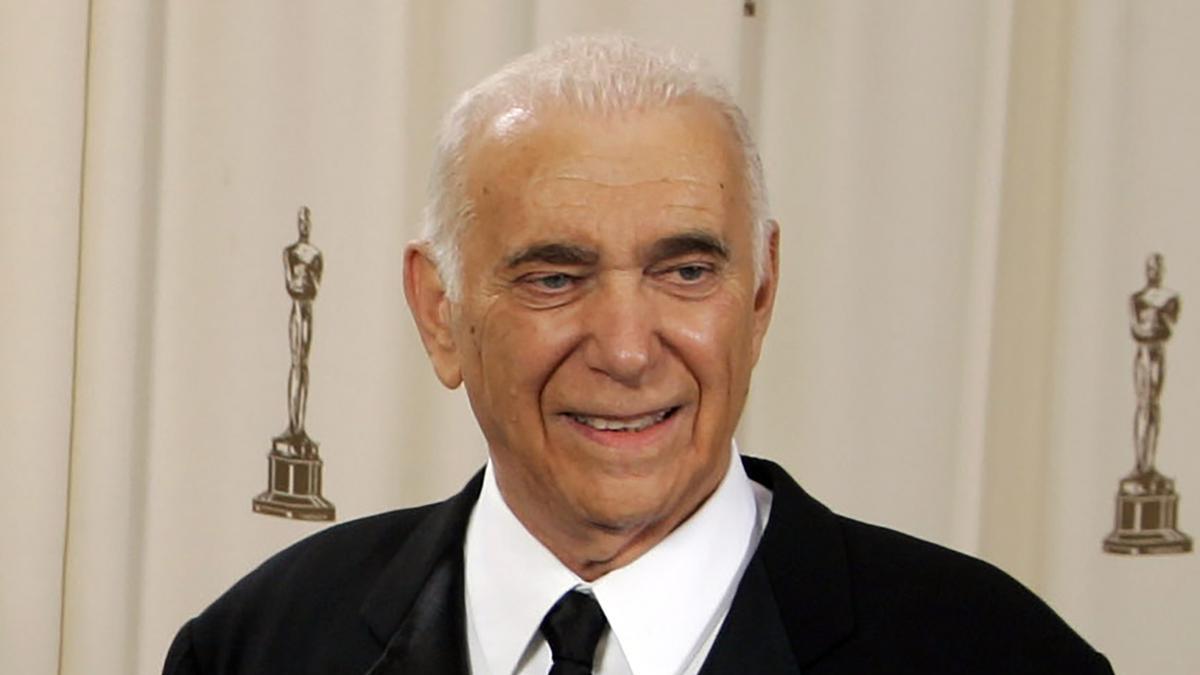
Albert S. Ruddy, a colorful and influential figure in Hollywood known for his exceptional talents in both producing and writing, has passed away at the age of 94. Notable for his Academy Award-winning productions of “The Godfather” and “Million Dollar Baby,” Ruddy’s illustrious career spanned decades and included an array of diverse projects that left a lasting mark on both the cinema and television industries.
Ruddy’s death was confirmed to have occurred peacefully on Saturday at the UCLA Medical Center. In his final moments, he reportedly expressed, “The game is over, but we won the game,” encapsulating the spirit of a man who had seen and achieved much in his lengthy career.
Born in 1930 in Montreal, Canada, Albert Stotland Ruddy moved to the United States during his childhood and was raised in New York City. After graduating from the University of Southern California, he initially pursued a career in architecture before making a pivotal shift to entertainment. This transition occurred in the early 1960s when Ruddy met TV actor Bernard Fein and decided to collaborate on creating a TV series—despite neither having prior scriptwriting experience.
Their first idea, a comedy set in an American prison, evolved into what became “Hogan’s Heroes,” a sitcom set in a German POW camp during World War II. The series, starring Bob Crane as the cunning Col. Hogan, ran from 1965 to 1971 on CBS despite facing criticism for its apparently lighthearted depiction of wartime and Nazis.
Ruddy’s move from television to film proved transformative. His talent for managing tight budgets caught the attention of Robert Evans, head of Paramount Pictures, who needed a producer for Mario Puzo’s bestselling novel adaptation, “The Godfather.” Initially conceived as a modest project, “The Godfather” evolved into one of cinema’s most critically acclaimed and financially successful films. Despite substantial challenges, including threats from the Italian-American community and real-life mobsters, Ruddy navigated these treacherous waters with diplomacy.
In a particularly memorable incident, Ruddy met with notorious crime boss Joseph Colombo to ease tensions regarding the film.
. Through a diplomatic gesture—removing a single mention of the word “mafia” from the script and making a charitable donation—Ruddy won Colombo’s support. This alliance led to members of the mob being cast as extras and consultants, adding layer and authenticity that the movie benefitted from. The film, featuring iconic performances by Marlon Brando, Al Pacino, and Robert Duvall, received widespread acclaim and remains a cornerstone of film history.
Ruddy’s triumph with “The Godfather” was followed by other successful ventures, including “The Longest Yard,” a rambunctious prison-sports comedy, and “Million Dollar Baby,” another Oscars winner for Best Picture. His career, however, was also punctuated by less successful projects, such as “Cannonball Run II” and “Megaforce,” both of which earned him Golden Raspberry nominations for worst film.
Despite professional setbacks, Ruddy remained a revered figure in Hollywood. He frequently collaborated with icons like Burt Reynolds, evident in productions such as “The Longest Yard,” “Cannonball Run,” and “Cloud Nine.” Additionally, his works in television, including “Married to a Stranger” and “Running Mates,” attested to his versatility across media.
More than a storyteller, Ruddy was a man capable of commanding loyalty and respect from both Hollywood and the underworld. His personal and professional connections were diverse and often unexpected, reflecting his multifaceted personality.
In recent years, Ruddy’s story has been immortalized on screen once more. In 2022, he became a character in the Paramount+ miniseries “The Offer,” where Miles Teller portrayed him, illustrating his experiences during the making of “The Godfather.”
Hollywood and the world of entertainment have lost a true maverick, one whose contributions have shaped the contours of modern storytelling. “Al Ruddy was absolutely beautiful to me the whole time on ‘The Godfather,’ even when they didn’t want me, he wanted me,” Al Pacino said in a statement, capturing the essence of the man who gave him a pivotal opportunity early in his career.
Ruddy leaves behind his wife, Wanda McDaniel, a Giorgio Armani executive, and their two children. His legacy, however, continues to influence the landscape of both film and television, his name synonymous with risk-taking and boundary-pushing art that captivates and endures.












